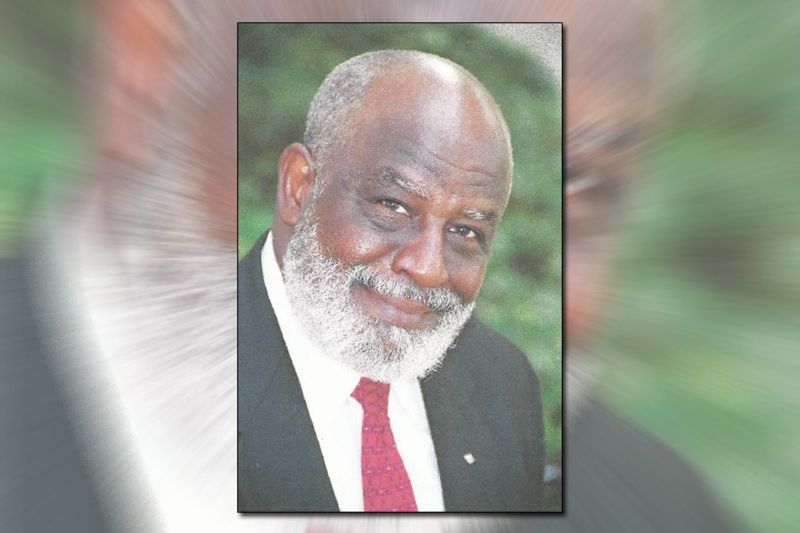Eliminating failure factories


 After initial discussions, it became clear that reading was a top priority, a need that aligned well with the Lastinger Center expertise and the result was piloting the Winning Reading Boost program at Campbell Park, Melrose, Fairmount Park, Lakewood and Maximo Elementary Schools.
After initial discussions, it became clear that reading was a top priority, a need that aligned well with the Lastinger Center expertise and the result was piloting the Winning Reading Boost program at Campbell Park, Melrose, Fairmount Park, Lakewood and Maximo Elementary Schools.